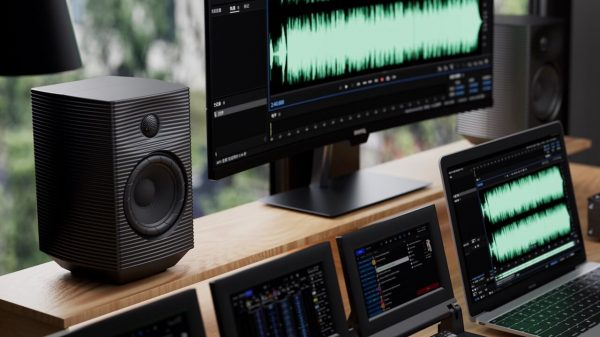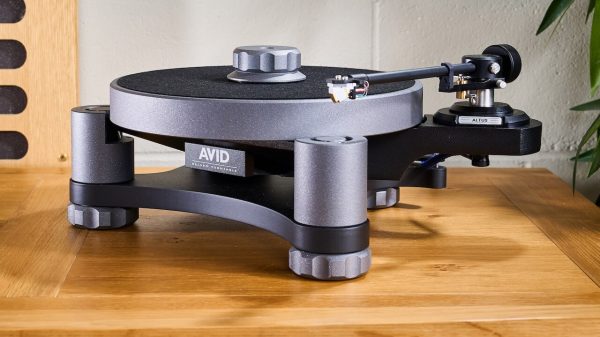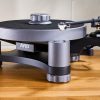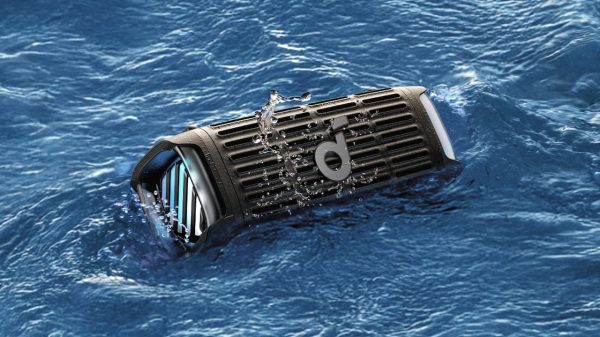It’s a well-known fact that file fragmentation seriously affects performance. The more files are broken up into fragments, the worse the performance, to the point that system reliability can be affected with hangs and even crashes. But many may not be aware of the cost savings that defragmentation can bring–both short and long-term. Also, because many sites address fragmentation with scheduled solutions, they may not be aware that, with today’s computing environments, scheduled solutions are no longer providing the performance benefits–and therefore the cost benefits–that they once might have, and that more effective solutions are likely in order for their sites.
In the short term, defragmentation saves cost and provides ROI on key elements such as IT hours and overtime spent on help desk calls due to slow performance and reliability problems. It also cuts access time and reduces the time per day every employee has to wait for data.
In the longer term, defragmentation is a step similar to that American Airlines took years ago–they saved $40,000 per year by removing one olive per salad served to their First Class passengers. For a relatively small investment, defragmentation trims costs by making the overall company far more efficient through the system-wide performance optimization. Defragmentation also lengthens the lives of hard drives, thereby reducing a corporation’s yearly hardware budget.
In these scenarios, however, we are speaking of “defragmentation” in the ideal; meaning, the defragmentation technology is performing effectively and maximizing performance. Today, however, scheduled defragmentation–for many years the traditional method–is no longer keeping pace with today’s frantic rates of fragmentation. Much larger files and greatly expanded disk capacities have meant that fragmentation continues to build between scheduled runs, and with very large drives fragmentation may not be addressed at all. Additionally, the nights and weekends previously available to schedule defragmentation runs with no negative performance on users have all but disappeared due to many sites running 24X7.
Overtime IT hours are being spent in an ever-challenging effort to schedule defragmentation runs where they will cause the least trouble, and are also still probably having to be spent handling help desk calls because performance is still suffering.
Today, the only real effective solution to bring short and long-term cost savings to companies is a completely automatic solution, one that runs whenever idle system resources are available so that defragmentation is consistent and performance is maximized. Users are never negatively affected by defragmentation. And all those IT hours lost to scheduling defragmentation and still handling complaints of slow performance are regained.























